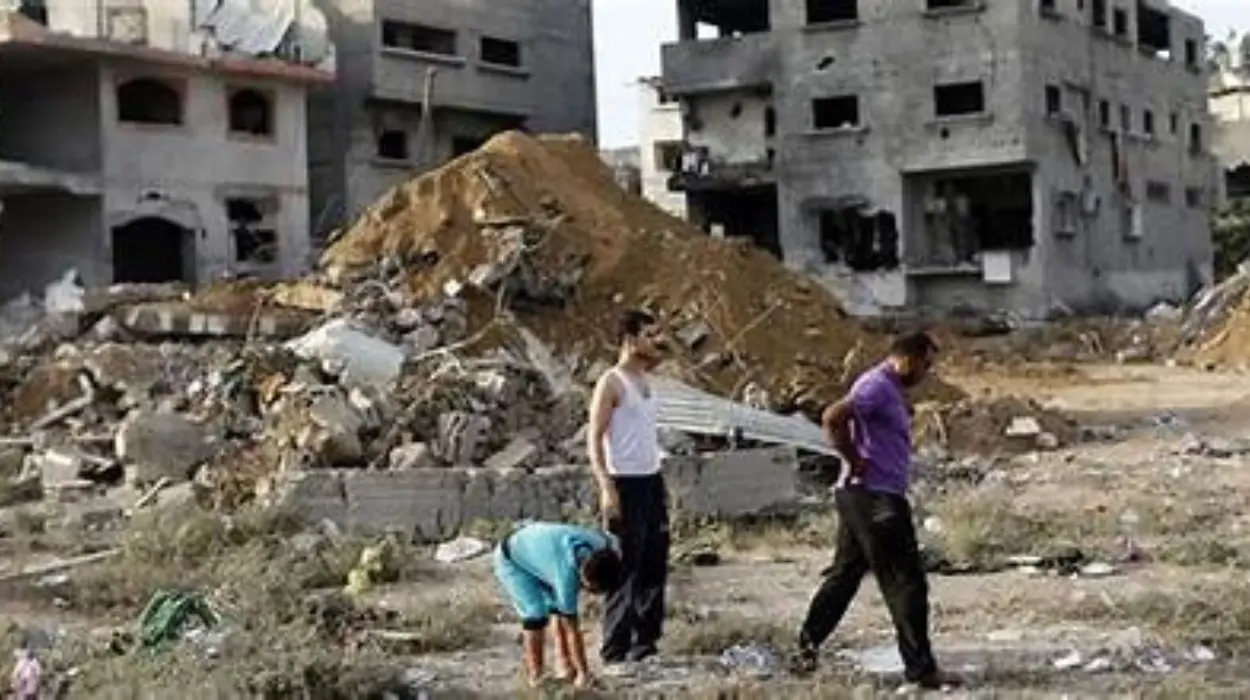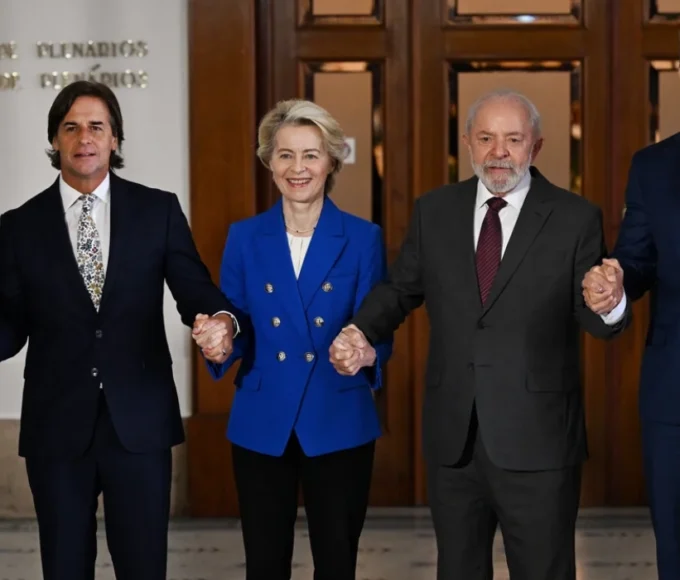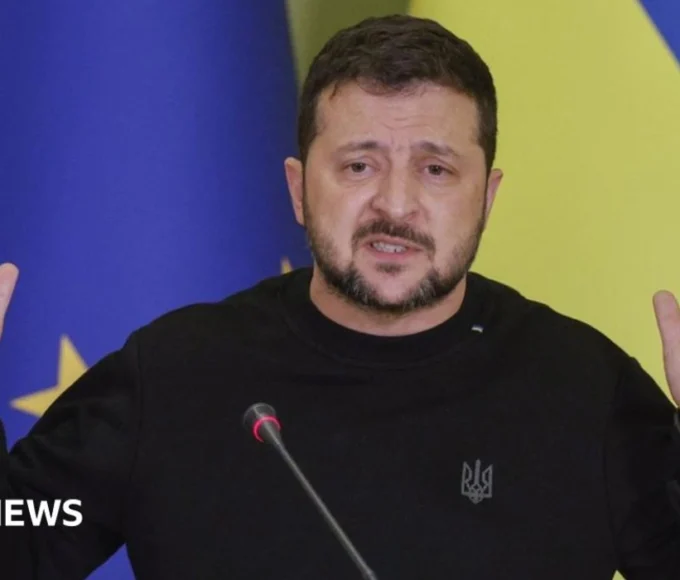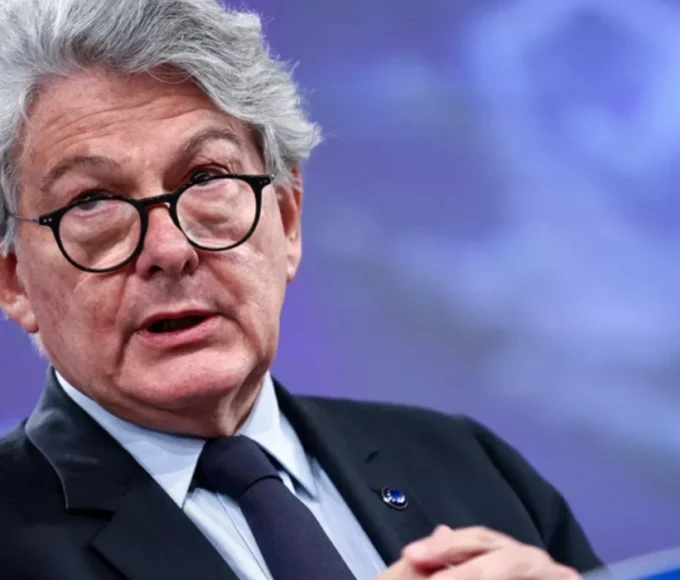European nations have escalated diplomatic pressure on Israel to cease its intensified military campaign in Gaza and to lift the humanitarian blockade that has caused severe shortages of food, medicine, and essential supplies. This marks a notable shift as key Western allies publicly condemn Israel’s actions, warning of possible sanctions and trade repercussions if the offensive continues. The humanitarian situation in Gaza has reached critical levels, with tens of thousands of Palestinians killed and aid deliveries severely restricted.
Growing European Pressure on Israel
UK, France, and Canada’s Unprecedented Rebuke
In a rare joint statement, the United Kingdom, France, and Canada—longtime supporters of Israel—condemned the recent escalation in Gaza as “disproportionate” and “egregious.” They emphasized their continued support for Israel’s right to self-defense but expressed deep concern over the scale of civilian casualties and the blockade’s impact on humanitarian aid.
The leaders warned that failure to halt the offensive and remove restrictions on aid could lead to “further concrete measures,” including sanctions. The UK has already paused free trade negotiations with Israel, summoned the Israeli ambassador, and imposed sanctions on Israeli settlers in the occupied West Bank. French Foreign Minister Jean-Noel Barrot called for an end to Israel’s “indiscriminate violence” and the blockade on humanitarian assistance.
European Union’s Review and Sanctions Threat
The European Union is actively reviewing its trade and cooperation agreements with Israel in response to the ongoing conflict. A majority of EU foreign ministers backed a Dutch proposal to reassess the EU-Israel Association Agreement, focusing on breaches of human rights obligations. This move is supported by member states including Belgium, France, Sweden, and the Netherlands.
Sweden’s Foreign Minister Maria Malmer Stenergard announced intentions to push for EU sanctions against individual Israeli ministers responsible for policies harming Gaza civilians. The EU’s foreign policy chief, Kaja Kallas, acknowledged Israel’s right to self-defense but criticized the military actions as exceeding reasonable limits and causing “unacceptable human suffering”.
Coalition of Seven European Nations Calls for Immediate Ceasefire
A coalition of seven European countries—Iceland, Ireland, Malta, Slovenia, Spain, Norway, and Luxembourg—issued a joint statement demanding Israel reverse its current policy. They called for an immediate halt to military operations and a full lifting of the blockade to allow safe, swift, and unhindered delivery of humanitarian aid by international organizations.
The statement highlighted the staggering death toll of over 50,000 Palestinians, including many women and children, and warned that many more face starvation unless urgent action is taken. The Council of Europe also condemned what it described as “intentional starvation” in Gaza, cautioning that Israel’s policies risk fostering extremist groups like Hamas.
Humanitarian Crisis in Gaza
Blockade and Casualties
Since March 2, 2025, Israel has imposed a blockade on Gaza, halting the entry of food, medicine, and essential supplies. This blockade has exacerbated an already dire humanitarian situation caused by the ongoing conflict that began with Hamas’ attack on October 7, 2023.
Over 53,000 Palestinians have died in the conflict, with the vast majority being civilians, including women and children. The blockade has led to severe shortages, with the United Nations and humanitarian organizations largely unable to deliver aid until recently.
On May 20, 2025, 93 UN trucks were allowed to enter Gaza via the Kerem Shalom crossing, marking the first aid delivery since the blockade began. However, European leaders stress that this limited resumption is insufficient and demand a full restoration of humanitarian access.
Israeli Government’s Response
Israeli Prime Minister Benjamin Netanyahu rejected the international criticism, describing the joint European rebuke as a “huge prize” for Hamas that encourages further attacks. Netanyahu framed the conflict as a “struggle of civilization against barbarism” and vowed to continue Israel’s military campaign until “complete victory” is achieved.
The Israeli Foreign Ministry accused critics of misunderstanding the complex security situation and insisted that external pressures would not deter Israel from defending its existence.
International Legal and Political Implications
The International Criminal Court has issued arrest warrants for Netanyahu and former Defense Minister Yoav Gallant, accusing them of war crimes and crimes against humanity in Gaza. This legal backdrop adds to the mounting international scrutiny of Israel’s military operations.
European nations’ increasing willingness to consider sanctions and trade restrictions signals a significant shift in diplomatic relations with Israel, reflecting growing global frustration over the humanitarian toll and prolonged conflict.
European countries, including major powers and the EU, are intensifying diplomatic and economic pressure on Israel to halt its Gaza offensive and lift the blockade that has precipitated a humanitarian catastrophe. The unprecedented public criticism from Israel’s traditional allies underscores the severity of the crisis and the urgent need for a political resolution that prioritizes civilian protection and humanitarian access. As the conflict enters its 20th month with no end in sight, the international community’s role in mediating peace and ensuring aid delivery becomes increasingly critical.








